Ich bei Tag und du bei Nacht (1932) Online
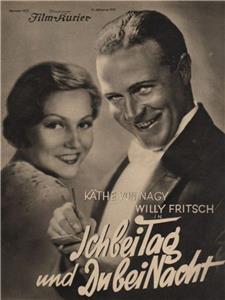
A nightclub waiter and a manicurist share the same room, he sleeps there by night and she by day. They've never met , but they can't stand each other. Then they meet by chance ~ not knowing who's who ~ and fall in love.
| Cast overview, first billed only: | |||
| Käthe von Nagy | - | Grete | |
| Willy Fritsch | - | Hans | |
| Amanda Lindner | - | Cornelia Seidelbast | |
| Julius Falkenstein | - | Herr Krüger | |
| Elisabeth Lennartz | - | Trude Krüger | |
| Albert Lieven | - | Wolf | |
| Friedrich Gnaß | - | Helmut | |
| Anton Pointner | - | Meyer | |
| Eugen Rex | - | Peschke | |
| Ida Wüst | - | Frau Waiser | |
| Ursula van Diemen | - | Filmdarstellerin | |
| Walther Ludwig | - | Filmdarsteller | |
| Helmut Forest | - | Straßensänger | |
| Carl Merznicht | - | Straßensänger | |
| Lydia Potechina |

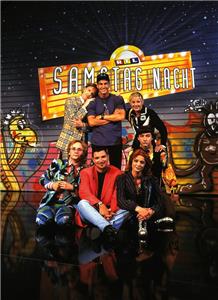
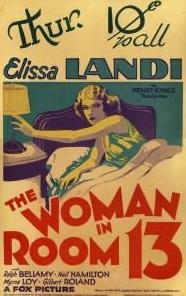
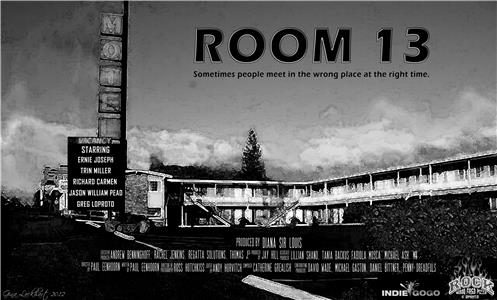

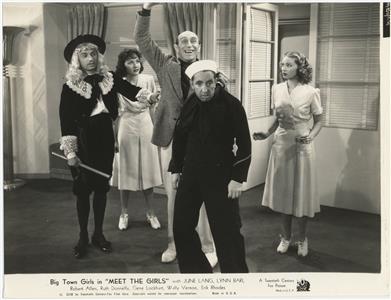

User reviews